12 DISC Personality Types
Adam Stamm
Managing Partner: Online DISC Profile
A Guide to the 12 DISC Personality Types
DISC is a tool for learning about yourself and communicating better with others. The 12 DISC personality types provide a nuanced approach to helping you understand your personality, communication preferences, goals, motivations, and even stressors.
The DISC model is broken out into four main DISC types: Dominance, Influence, Steadiness, and Conscientious.
These four styles represent the core structure of the DISC Model of behavior. Once you learn the four DISC profile types, you can see these styles represented by friends, colleagues, or even famous individuals you know from the government or TV.
However, each Style can be combined with an adjacent style to provide a more nuanced insight into an individual’s personality.

These 12 unique DISC assessment types provide an essential perspective on how people differ in their motivations, fears, stressors, and communication.
People are more complicated than and exist beyond their personality assessment. The 12 DISC profile types weren’t developed to build walls around people or stereotype them according to their personality type. DISC is simply a tool to understand better why we are the way we are.
It’s important to remember this thought as you, your team, or your organization use DISC to ensure it isn’t used to label or pigeonhole anyone. We’ve created a DISC Assessment Starters Guide to ensure DISC is used appropriately and effectively.
Now that you know how DISC is used, learn more about each of the 12 DISC profile types!
Table of Contents:
- Learn the D-Type Personality
- Dominance Influence (DI-Style)
- Dominance Conscientious (DC-Style)
- Learn the I-Type Personality
- Influence Dominance Style (ID-Style)
- Influence Steadiness Style (IS-Style)
- Learn the S-Type Personality
- Steadiness Influence (SI-Style)
- Steadiness Conscientious (SC-Style)
- Learn the C-Type Personality
- Conscientious Dominance (CD-Style)
- Conscientious Steadiness (CS-Style)
The 12 DISC Personality Types

D - Dominance
The Dominance (D personality type) is defined by decisiveness and competitiveness. People with this personality type are:
- Direct
- Daring and demand innovation
- Natural problem solvers
While D personality types appreciate results, they tend not to be detail-oriented and prefer that others take care of the details. People with this personality type can often become impatient or be poor listeners.
DI - Dominance Influence
The Dominance-Influence (DI personality type) is:
- Assertive
- Persuasive
- Results driven
When a person with this style has a great idea they are likely to persuade everyone around them to take action. The DI personality type has a tendency of impatience and to look at situations through a “win-lose” lens.
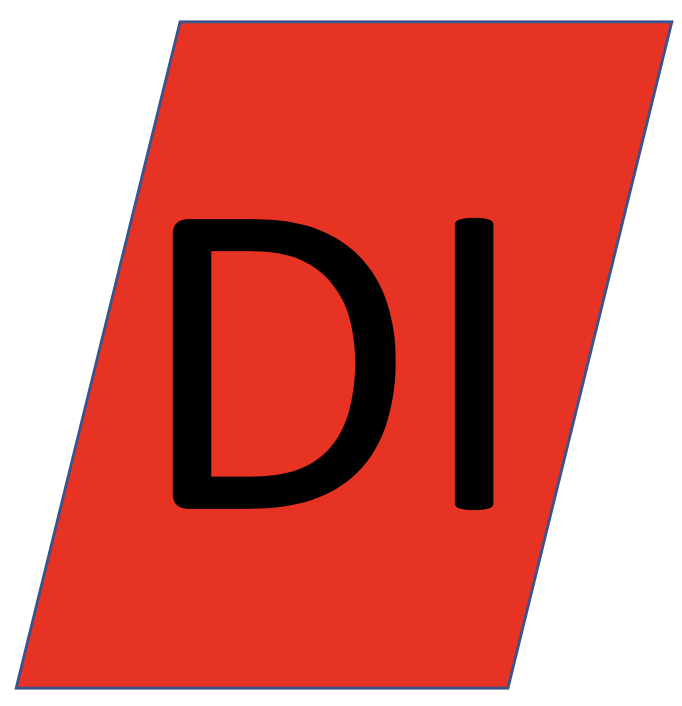

DC — Dominance Conscientious
The blend of Dominance and Conscientious (DC Personality Type) produces a strong-willed personality. These individuals are
- Determined
- Excel at critical thinking
People with a DC personality type want to feel like experts in their field and fear failing to meet their own high standards.
I — Influence
The Influence style (I personality type) is defined by
- Magnetism
- Collaboration
People who rate high in Influence seek social recognition. They are quick to trust others and come across as upbeat and energetic. This style is motivated by enthusiasm by both internal and external sources.

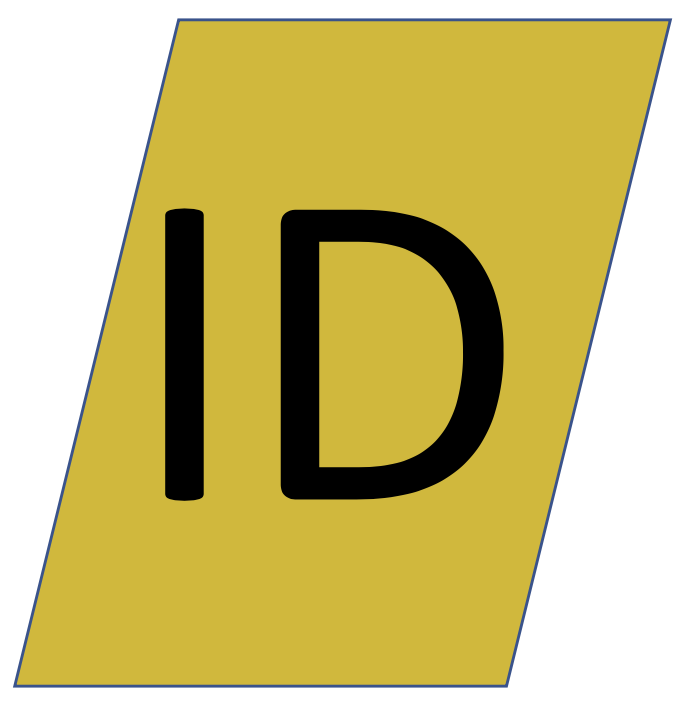
ID — Influence Dominance
The Influence-Dominance (ID personality type) is similar to the DI-style, but instead of Dominance being the primary personality, Influence takes the lead.
ID people tend to be:
- Highly influential
- Upbeat
- Enthusiastic
Their biggest fear is being trapped in a fixed environment or losing the approval of others.
IS — Influence Steadiness
The Influence-Steadiness style (IS personality type) is defined by high levels of empathy and a need to connect with others. People with this personality are:
- Welcoming
- Easygoing
- Trusting
On the other hand, they tend to take criticism personally and try to avoid conflict.
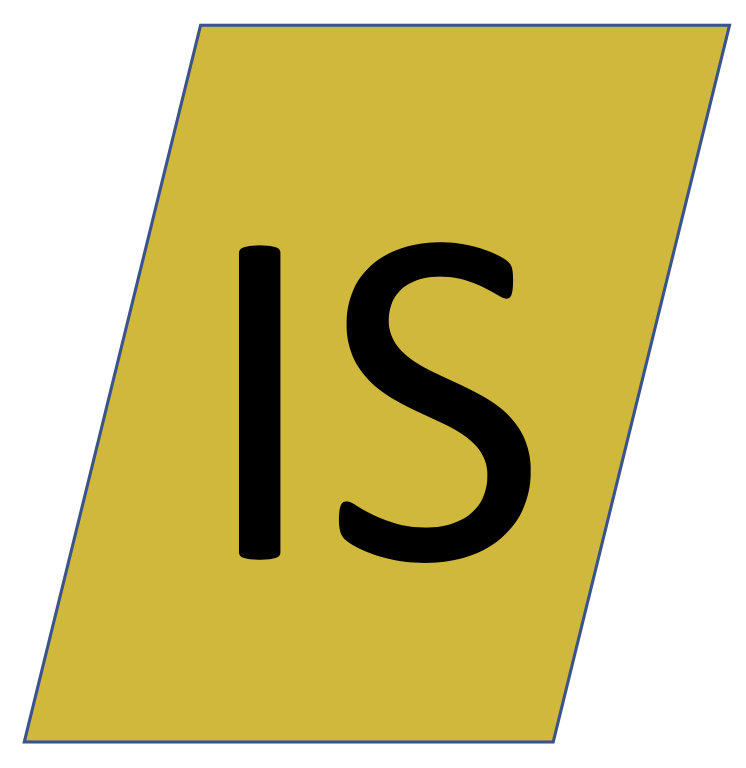

S — Steadiness
People with a primary Steadiness style (S personality Type) value:
- Consistency
- Harmony
They are likely to give others the benefit of the doubt and like to play a supportive role. If not careful, strong S personalities might have difficulty advocating for their own needs or retreat to more passive roles.
SI — Steadiness Influence
People with the Steadiness-Influence style (SI personality type) are cheerleaders who want everyone to feel welcome. With a dominant S Personality type, SI people are:
- Conflict-averse
- Seek to serve others
They look for ways to bring people together and will seek to prioritize the group above themselves.
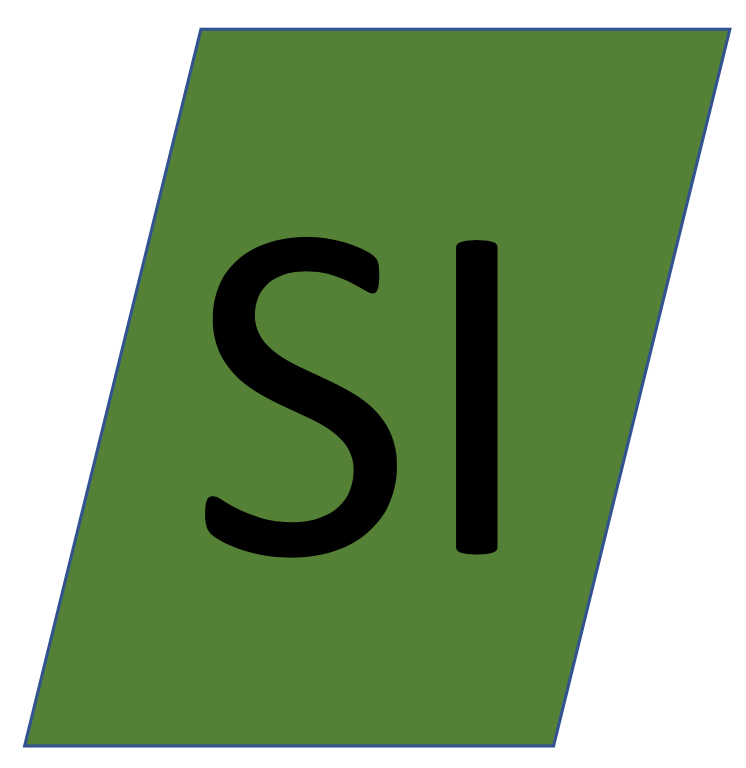

SC — Steadiness Conscientious
The Steadiness-Conscientious style (SC personality type) is characterized as:
- Risk aversion
- Modesty
SC people value stability and tend to be soft-spoken. They are highly reflective and cautious and prefer to work behind the scenes to make things happen.
C — Conscientious
People who rate primarily as Conscientious (C personality Type) are:
- Methodical
- Precise
They tend to be great critical thinkers and highly value objectivity. They are the people who are determined to stick with a problem until it’s solved and excel at paying attention to the small details. C people have a fear of being wrong and always default to looking at a situation in a logical manner.
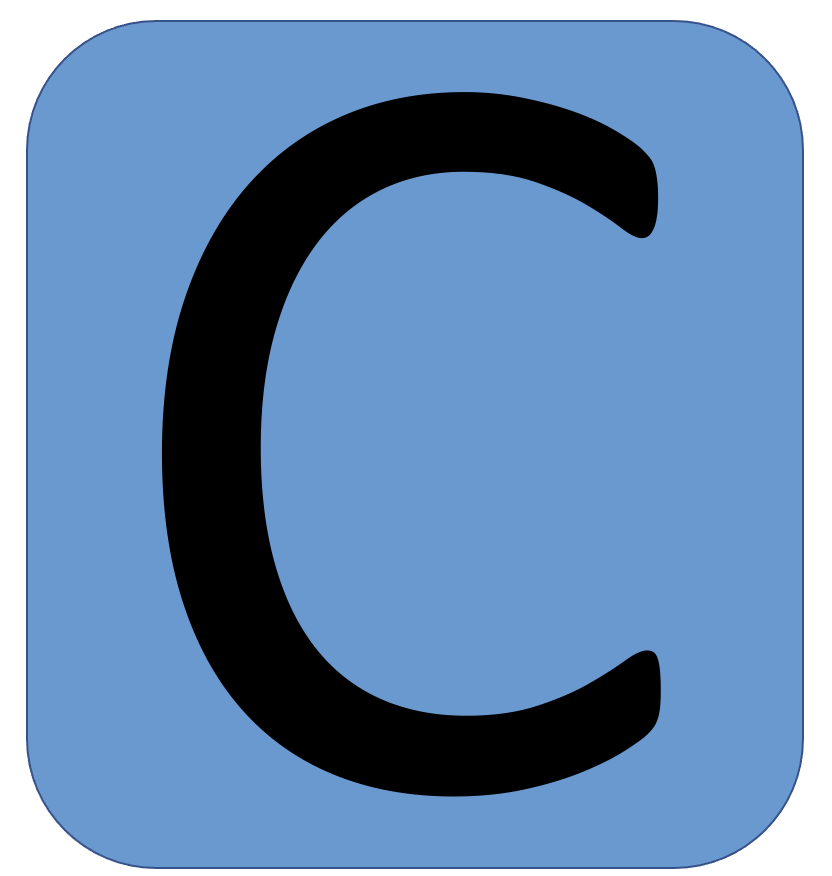

CD — Conscientious Dominance
The Conscientious-Dominance style (CD personality type) is all about using logic to control situations. People who rate as CD tend to overcome obstacles thanks to the high standards they hold for themselves — and others. People with this style seek:
- Strong resolutions
- Efficient results
CS — Conscientious Steadiness
The last of the 12 DISC personality types is Conscientious Steadiness (CS Personality Type). The CS style sees two sides to every problem and value reliable outcomes. They are defined by:
- Having a high level of attention to detail
- Can sometimes err on the side of perfectionism.
They are careful and prepared for every situation.
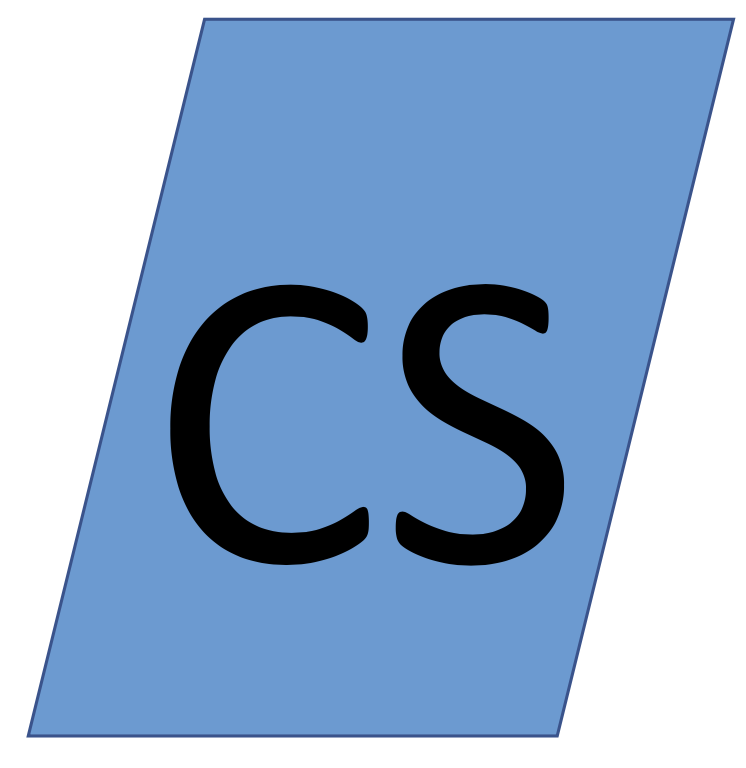
Learn your DISC Style
Whether you’re more like a DI or a CS, learning about your DISC personality type can help you better navigate daily life situations. There is no “good” or “bad” type. All 12 DISC personality types have their strengths and weaknesses, and understanding your personality type can be a significant first step toward growth and self-awareness.
As you’ve read through the 12 DISC personality types, you likely thought of people in your life — a boss, a friend, a family member — that fit one of these personality types. You may even see yourself in one or more of these types.
Do you want to know more about your DISC personality type? Complete a free DISC test for a basic report, or explore in-depth options like DISC for leadership or DISC for teams. You’ll not only find out which of the 12 DISC personality types you are but also how that personality type informs your motivations and how you can better communicate with contrasting personality types.
